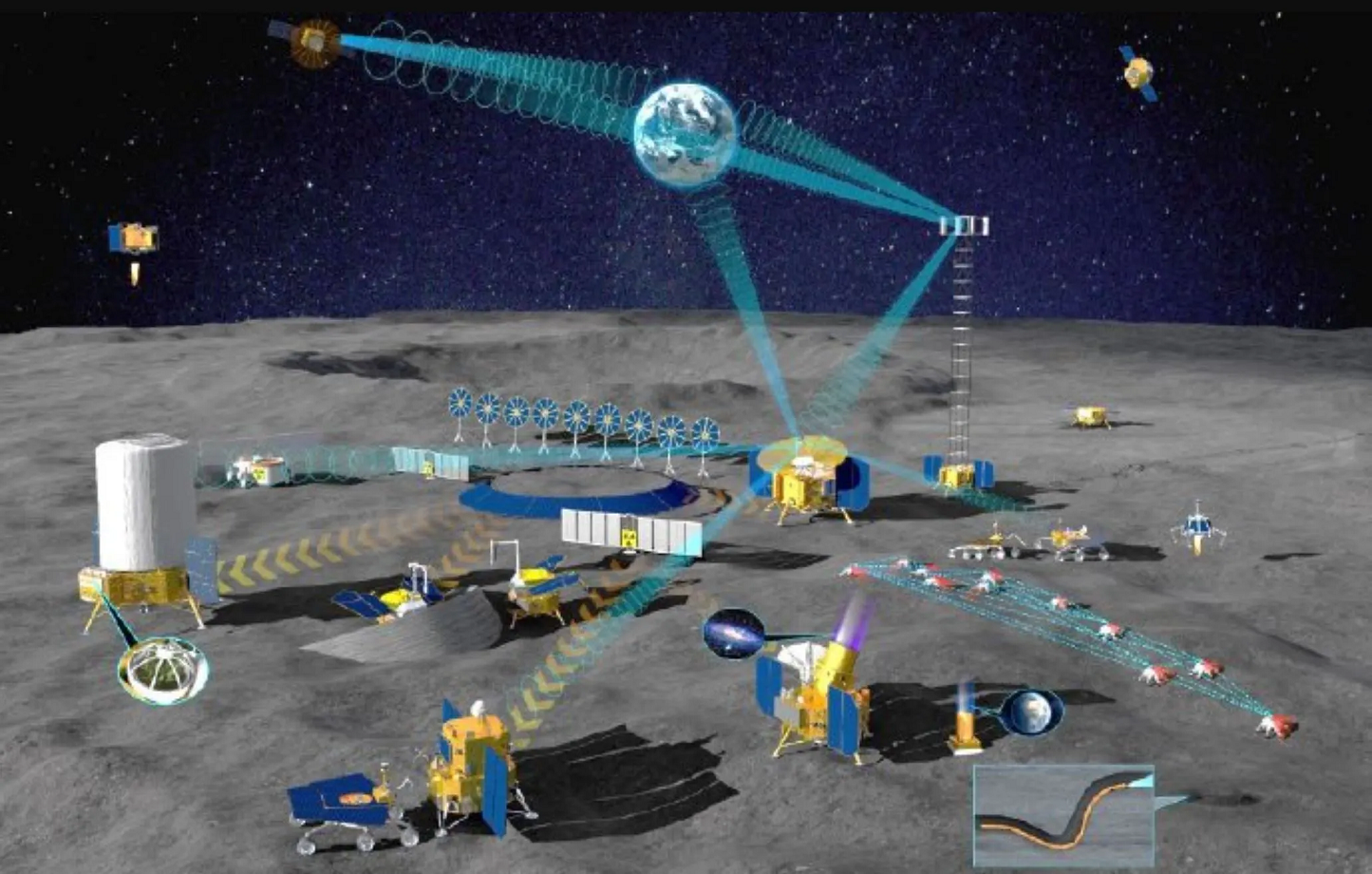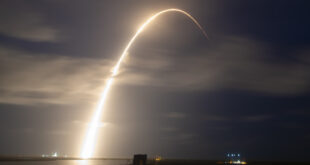
London, 8 December 2023.- Zhang Kejian, the China National Space Administration (CNSA) administrator, and Sherif Sedky, the Chief Operating Officer of the Egyptian Space Agency (EGSA), signed a cooperation agreement between the CNSA and the EGSA on the International Lunar Research Station (ILRS) in Beijing on the 6th of December. They have also signed a Memorandum of Understanding (MoU) between their respective governments on cooperation and peaceful use of outer space.
The two countries will be cooperating in various areas including: joint research in lunar and deep space exploration, the development and launch of spacecraft, space infrastructure, satellite data reception and applications, the BRICS Remote Sensing Satellite Constellation, space science and astronomical observation.
The China-led ILRS envisions constructing a permanent lunar base in the 2030s, with precursor missions in the 2020s. Venezuela, South Africa, Pakistan and Azerbaijan are among countries to join in 2023. Egypt is the first Arab country to join ILRS and the second on the African continent to sign up after South Africa.
The Croatia-based Adriatic Aerospace Association, a non-governmental, non-profit organisation, signed an MoU on the ILRS with the Deep Space Exploration Laboratory (DSEL) under CNSA on the 24th of November. DSEL stated earlier this year that China aims to complete the agreements with founding members of ILRS by October. No statement or finalised list has been made so far, with new agreements continuing to be made. China has established an organisation, named ILRSCO, based in Hefei to coordinate the initiative.





